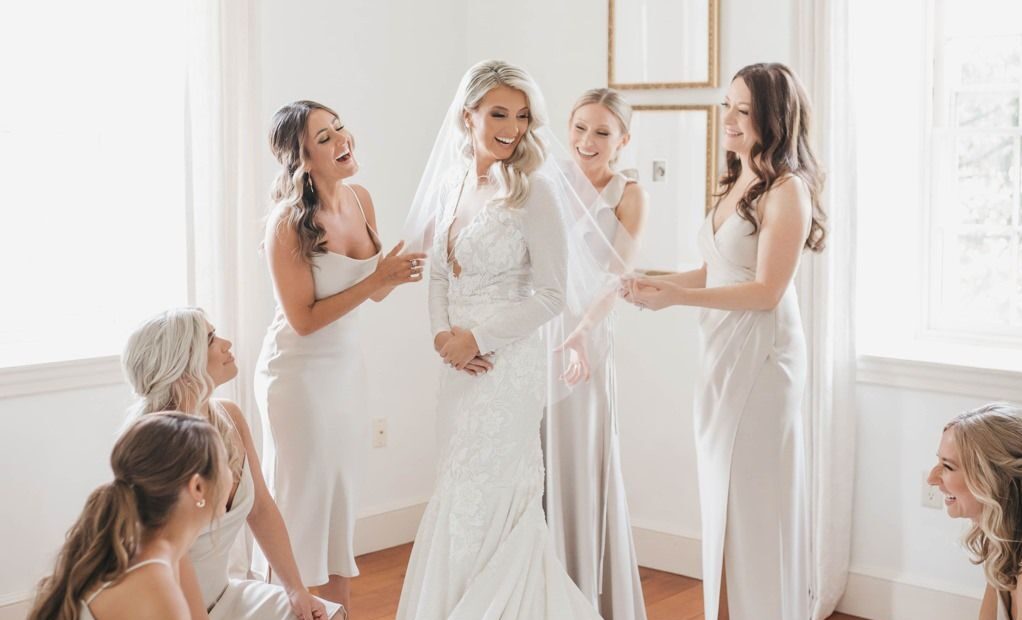In this Wedded Wonderland guide, we tackle the topic of guest invitations and the ever-debated question: Which guests need a plus one? We understand that planning a wedding can be overwhelming, and determining the guest list can be a delicate task. Fear not, as we’re here to provide you with an informative and engaging guide to help you navigate this aspect of your wedding planning with ease. So let’s dive in and find out who deserves that coveted plus one!
Table of Contents
How to Decide if Your Guest Needs a Plus One
1. Understanding Plus Ones
Before we dive into the nitty-gritty of who should receive a plus one, let’s clarify what a plus one actually means. A plus one is an additional guest invitation extended to a single invitee, allowing them to bring a guest, typically a romantic partner, to your wedding. It’s a way to make your guests feel welcome and ensure their comfort during the celebration. However, it’s essential to strike a balance between hospitality and practicality when deciding who gets a plus one.
2. Close Friends and Family
When it comes to close friends and family, it’s generally a no-brainer to offer them a plus one. These are the people who have supported you throughout your life and have played significant roles in shaping who you are. Including a plus one for them acknowledges their importance and ensures they can fully enjoy the wedding without feeling alone. So, whether they’re in a committed relationship or not, extend that plus one to your nearest and dearest.
3. Long-Term Partners
Long-term partners of your guests, such as spouses, live-in partners, or engaged couples, should always be granted a plus one. These are individuals who are an integral part of your guests’ lives, and it’s crucial to acknowledge their relationship by extending an invitation to their partner. It’s a gesture of appreciation and respect, as well as a way to ensure that your guests feel comfortable and can share the joy of your special day with their loved ones.
4. Single Guests
Determining whether single guests should receive a plus one can be a bit trickier. A good rule of thumb is to consider the guest’s social situation and the overall dynamics of your wedding. If any of your friends or family members will be attending the event solo, it might be a good idea to offer them a plus one to make them feel more at ease. On the other hand, if most of your guests will be couples, it’s reasonable to assume that single guests will enjoy socializing and meeting new people at the wedding without a plus one.
5. Exceptions and Considerations
While it’s important to establish some guidelines for plus ones, it’s equally crucial to consider individual circumstances. Here are a few exceptions and considerations to keep in mind:
- Budget Constraints: If your wedding budget is tight, it’s acceptable to limit plus ones to specific categories, such as immediate family members or close friends. Communicate this clearly on the invitation or through personal conversations.
- Intimate Weddings: For smaller, intimate weddings, it’s common to exclude plus ones altogether, except for those in committed relationships. The focus is often on celebrating with a tight-knit group, and guests typically understand and respect this choice.
- Destination Weddings: If you’re hosting a destination wedding, it’s considerate to offer plus ones to guests who will be traveling a significant distance. Having a familiar face by their side can make the journey and celebration more enjoyable for them.
6. Communication is Key
Regardless of your plus one policy, clear communication is crucial. Make sure your invitations are worded clearly and include specific information about who is invited. Use phrases like “We have reserved [Guest’s Name] a seat” or “You are invited to celebrate with us” to avoid any confusion. If you have any specific plus one guidelines, such as limited plus ones or adults-only reception, mention them politely and concisely.
Deciding who needs a plus one can be a delicate task, but with some thoughtfulness and consideration, you can strike the right balance. Remember to prioritize close friends and family, acknowledge long-term partners, and be mindful of your guests’ social dynamics. By clearly communicating your plus one policy and considering individual circumstances, you’ll ensure a guest list that is both welcoming and practical.
READ MORE: WHEN TO SEND DESTINATION WEDDING INVITATIONS

